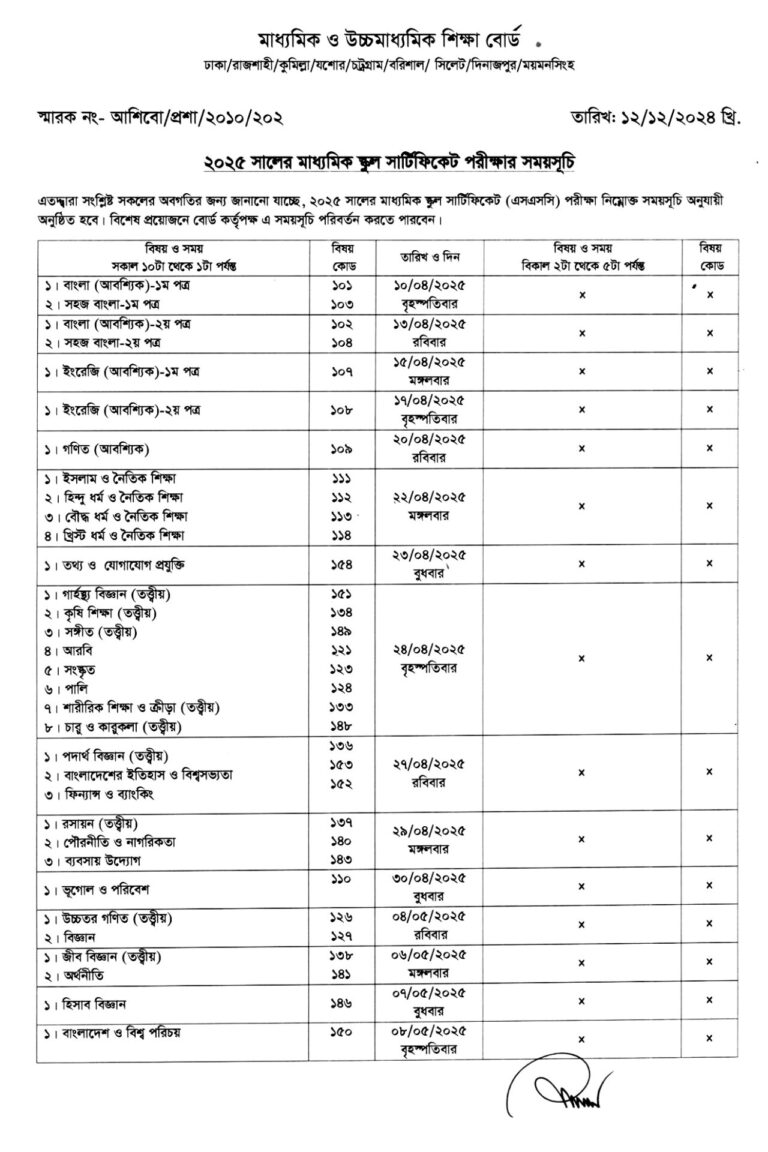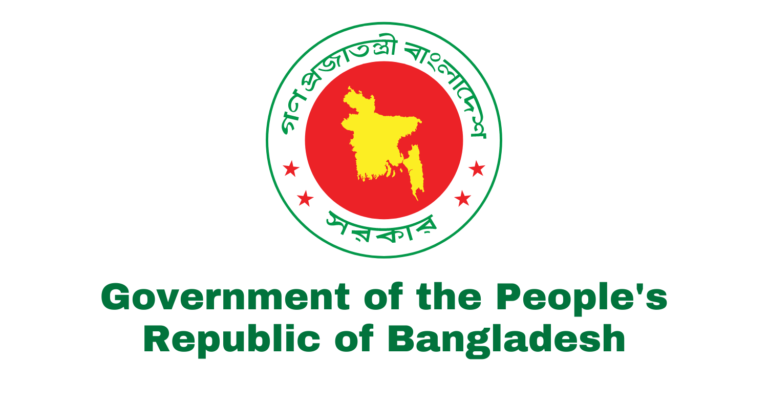Remittances Grow 80% Significantly in September
Significant Growth in Remittances: An 80% Increase in September Amid Political Changes
Bangladesh has witnessed a remarkable surge in remittances, with an 80% increase in September compared to the same period last year. Amid recent political shifts in the country, Bangladeshi expatriates sent a significant $2.40 billion, equivalent to around 28,085 crore BDT, considering the current exchange rate of 120 BDT per dollar. This resurgence marks a solid recovery in remittance flows after a period of decline earlier in the year.
According to data from Bangladesh Bank, the remittance inflow has been on a steady upward trajectory since the political changes that unfolded in August. This is particularly significant given the sharp dip observed in July, where remittances fell to $1.91 billion. During that month, many expatriates reduced their legal remittance transfers as a form of protest against the then-ruling Sheikh Hasina-led government. However, the political shift in August breathed new life into the economy, sparking a revival in remittance inflows. In August, remittances rebounded to $2.22 billion, followed by an even stronger performance in September.
While the $2.40 billion figure for September remains slightly lower than the $2.54 billion recorded in June, the overall trend points to a positive and sustainable growth pattern. Financial analysts are optimistic about this trend, suggesting that the recovery could have long-term benefits for the country’s economy.

Breakdown of the Remittance Sources
Examining the figures more closely, the increase in remittances can be attributed to contributions from different banking sectors. State-owned commercial banks played a crucial role, channeling $638.25 million in remittances. Meanwhile, agricultural banks contributed $109.98 million. However, it was the private banks that dominated, collecting a massive $1.65 billion in remittances. Foreign banks added another $6.21 million to the total.
This upward movement is also reflected in the first quarter of the 2024-25 fiscal year, with remittances totaling $6.54 billion. This robust start indicates a promising outlook for the country’s foreign income, which is essential for maintaining a stable foreign reserve and fueling economic growth.
Experts’ Views and Future Outlook
Experts in the financial sector, as well as senior officials from various banks, are optimistic about the current momentum. They predict that if the upward trend in remittances continues, the total remittance inflows could surpass $25 billion by the end of the fiscal year. Achieving this milestone would set a new record for Bangladesh and provide a significant boost to the economy.
The increase in remittances is particularly vital for Bangladesh’s economy, as it plays a crucial role in stabilizing foreign reserves. A steady inflow of remittances not only strengthens the country’s financial standing but also supports various development initiatives and infrastructure projects. This newfound stability comes at a critical time when global economic uncertainties pose challenges for developing countries.
Policy Changes Driving the Growth
The dramatic turnaround in remittances is partly attributed to policy changes and reforms introduced by Bangladesh Bank’s newly appointed Governor, Ahsan H. Mansur. Following the fall of the Awami League government, Mansur, a former Executive Director of the Policy Research Institute (PRI), took office on August 14. In collaboration with the interim government’s chief advisor, Dr. Muhammad Yunus, he implemented several key measures aimed at addressing the country’s foreign exchange shortage and encouraging expatriates to send remittances through legal channels.
One of the most impactful reforms was the adjustment of the interbank foreign currency transaction band, which was increased from 1% to 2.5%. This change allowed banks to raise the mid-market exchange rate from 117 to 120 BDT per dollar, making it more favorable for expatriates to use official banking channels for remittances. The favorable exchange rate has been a significant factor in motivating expatriates to remit funds through formal avenues, thus contributing to the observed growth.
Additionally, the government and banking sector have launched awareness campaigns urging expatriates to use legal banking routes for remittances, particularly in the context of recent student and public movements. These campaigns have been met with a positive response, as evidenced by the increased inflow of remittances through formal banking channels. Bankers now note a growing sense of responsibility among expatriates, who recognize the importance of contributing to the national economy by avoiding informal remittance channels.
A Positive Turning Point for the Economy
In summary, the remittance sector in Bangladesh has shown a remarkable recovery, indicating a potential turning point in the country’s economic journey. The 80% growth in September not only reflects renewed confidence among expatriates but also suggests a promising future for the nation’s economy. With the combination of favorable policies, proactive banking strategies, and increased public awareness, the remittance inflow is likely to maintain its upward trajectory.
Should this trend continue, it will provide a much-needed boost to Bangladesh’s economy, reinforcing its financial stability amidst global economic challenges. As the country looks to leverage this growth, remittances will remain a key pillar in driving development and securing economic prosperity in the coming years.






